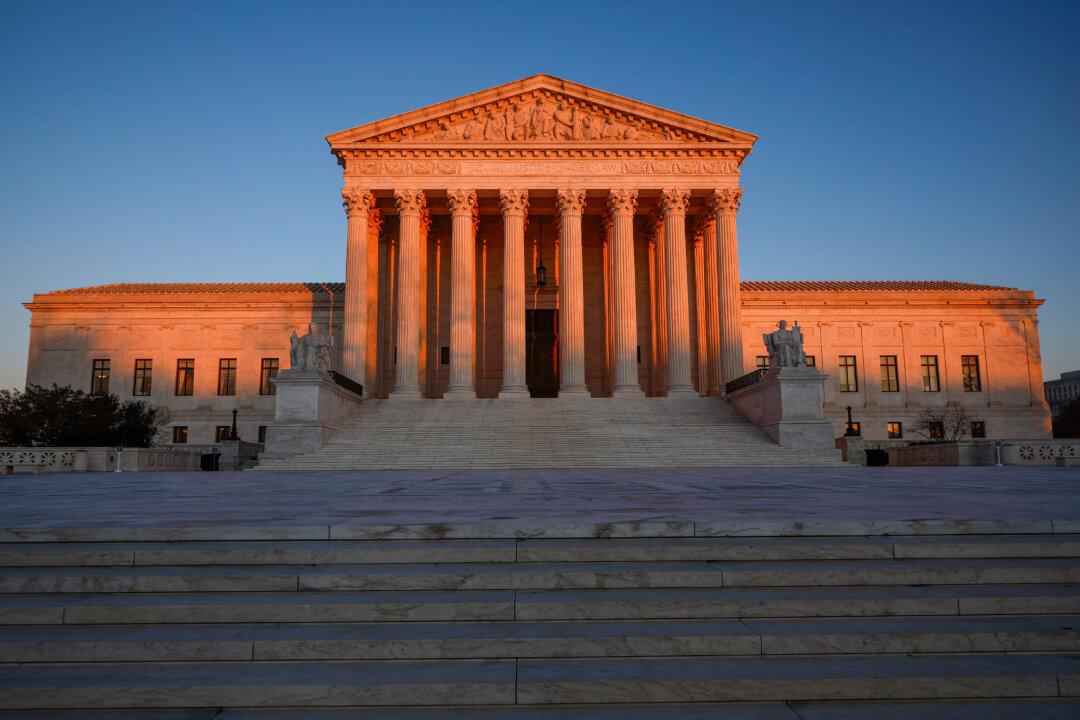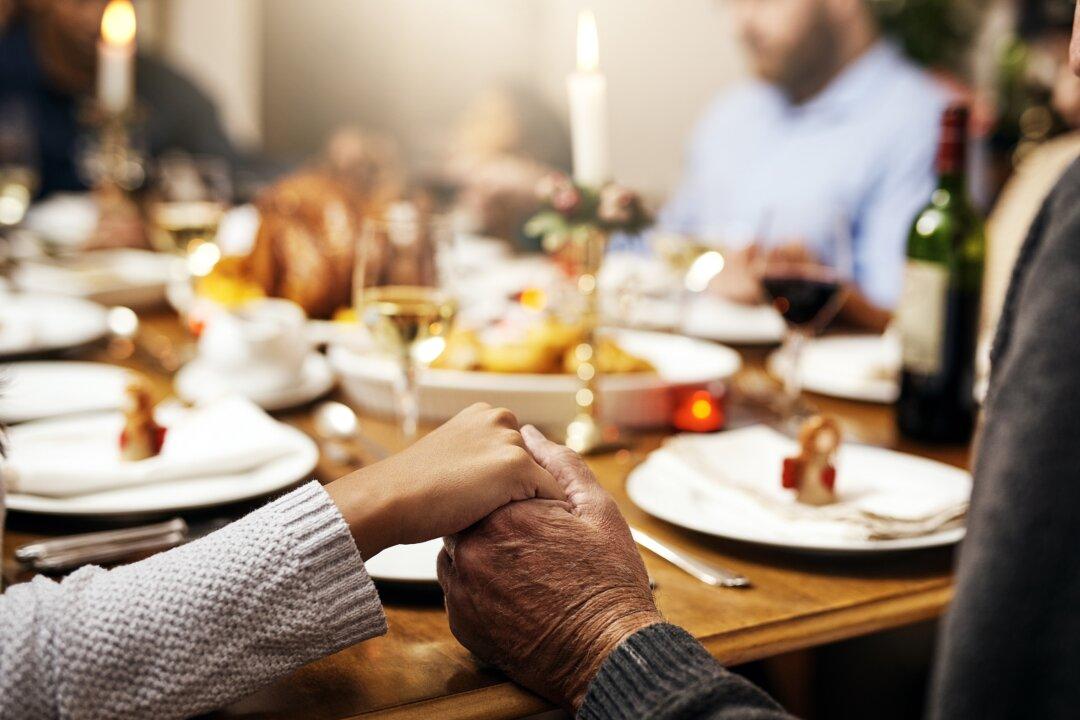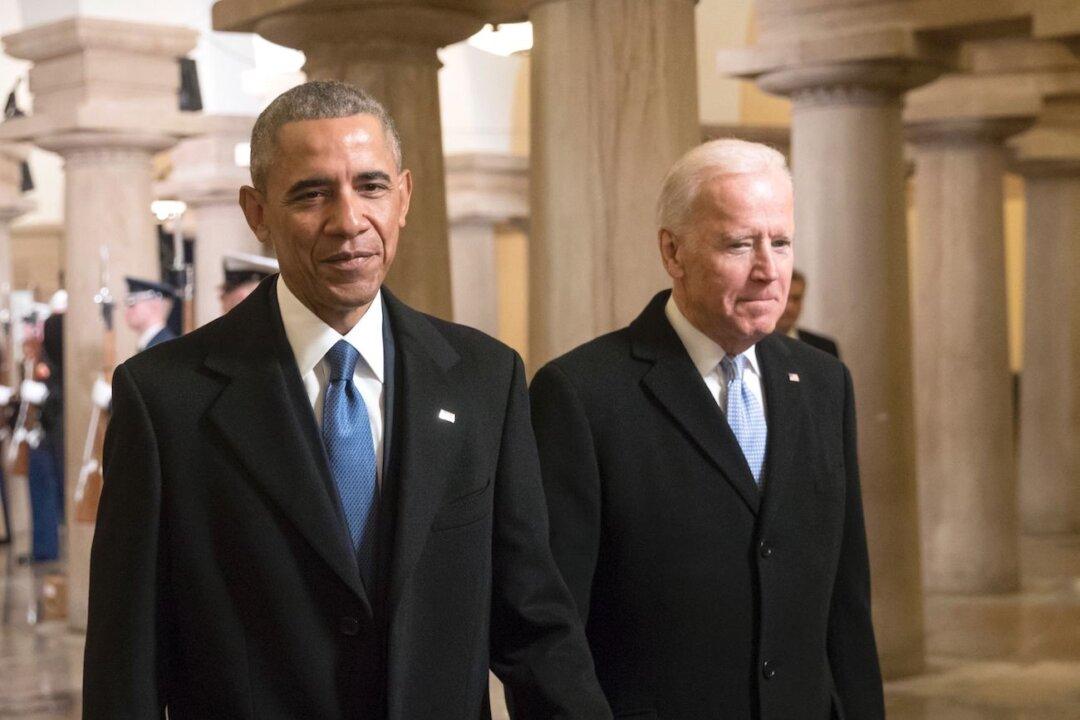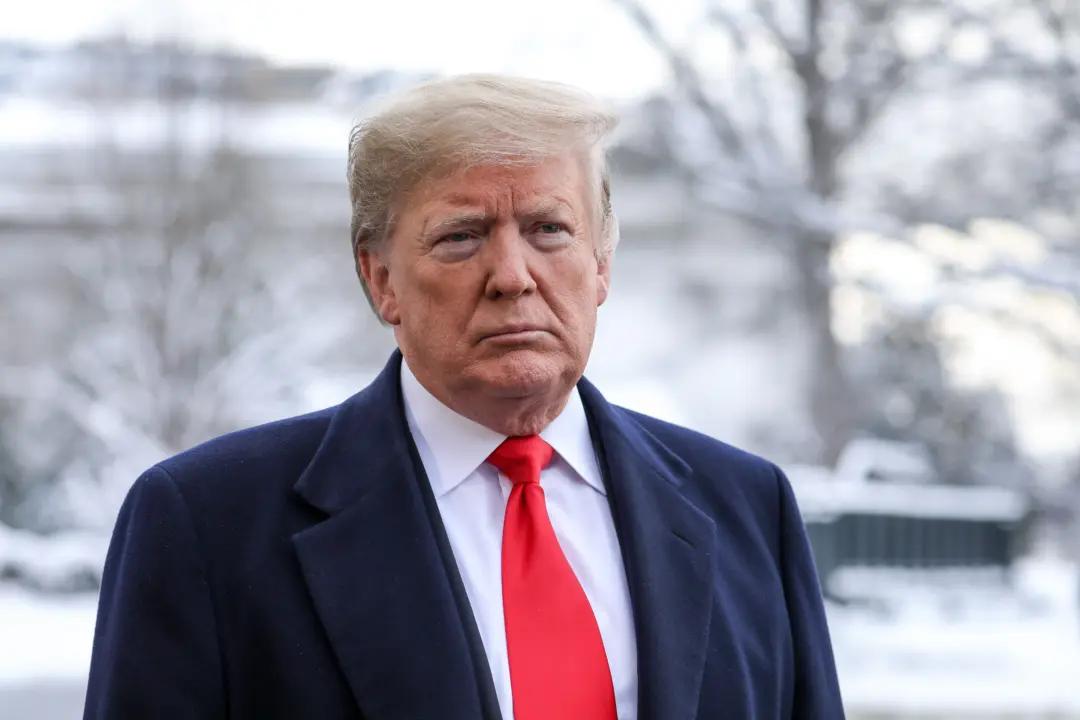Commentary
One of the more underappreciated recent trends in American law and politics, obscured by a few high-profile conservative victories at the Supreme Court and thus noticed by few other than dyed-in-the-wool legal conservatives, is that former President Donald Trump’s three picks for the high court are soft and undependable.





